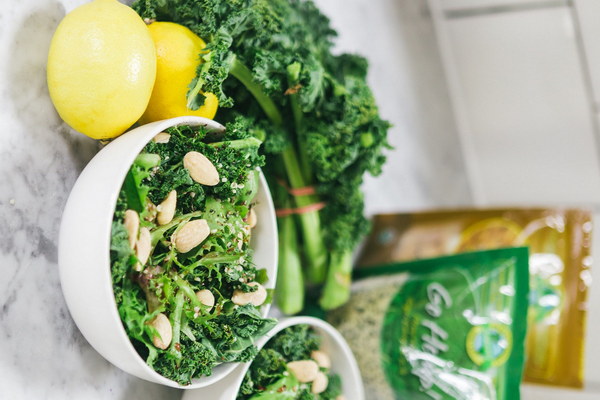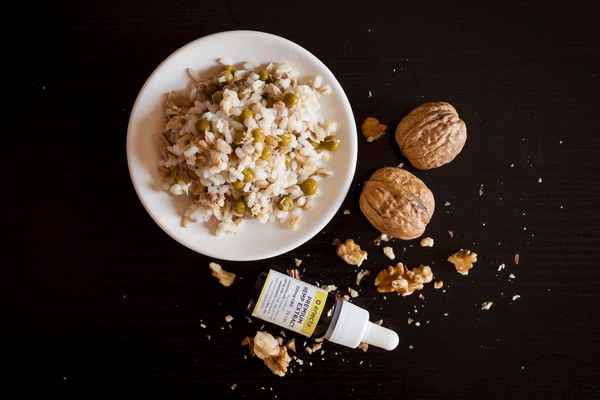Top Medications for Alleviating Dampness in the Digestive System A Comprehensive Guide
Introduction:
Dampness in the digestive system, also known as damp-heat, is a common condition that affects many people. It is characterized by symptoms such as bloating, indigestion, diarrhea, fatigue, and weight gain. This condition is often caused by an imbalance in the body's Yin and Yang energy, leading to the accumulation of dampness in the digestive organs. To alleviate dampness in the digestive system, certain medications can be taken. In this article, we will discuss the top medications for treating dampness in the digestive system and their benefits.
1. Chinese Herbs:
Chinese medicine has been used for centuries to treat various health conditions, including dampness in the digestive system. Here are some commonly used Chinese herbs:

a. Poria: Poria is a traditional Chinese medicine herb that is known for its diuretic and anti-inflammatory properties. It helps to remove dampness from the body and improves digestion.
b. Atractylodes: Atractylodes is another popular herb used to treat dampness. It helps to strengthen the spleen and improve digestion, thereby alleviating dampness-related symptoms.
c. Astragalus: Astragalus is a well-known immune-boosting herb that also helps to expel dampness from the body. It is often used in combination with other herbs to treat damp-heat conditions.
2. Western Medications:
While Chinese herbs are widely used for treating dampness in the digestive system, some Western medications can also be effective. Here are a few options:
a. Probiotics: Probiotics are beneficial bacteria that help maintain a healthy balance of gut flora. They can improve digestion and alleviate symptoms of dampness, such as bloating and gas.
b. Digestive Enzymes: Digestive enzymes break down food into nutrients that the body can absorb. They can help alleviate symptoms of indigestion and improve overall digestion.
c. Anti-diarrheal Medications: For those suffering from diarrhea due to dampness, anti-diarrheal medications can help manage symptoms. However, it is important to consult a healthcare professional before taking these medications, as they may not be suitable for everyone.
3. Dietary Adjustments:
In addition to medication, dietary adjustments can also help alleviate dampness in the digestive system. Here are some tips:
a. Avoid Cold and Raw Foods: Cold and raw foods can exacerbate dampness. Opt for warm, cooked meals instead.
b. Limit Sugar and Refined Carbs: Excessive sugar and refined carbs can contribute to dampness. Instead, choose whole grains, fruits, and vegetables.
c. Stay Hydrated: Drinking plenty of water can help flush out dampness from the body.
Conclusion:
Alleviating dampness in the digestive system can be achieved through a combination of medication, dietary adjustments, and lifestyle changes. By incorporating the top medications and following a healthy diet, you can improve your digestive health and reduce symptoms of dampness. Always consult a healthcare professional before starting any new medication or treatment to ensure it is safe and effective for your specific condition.









